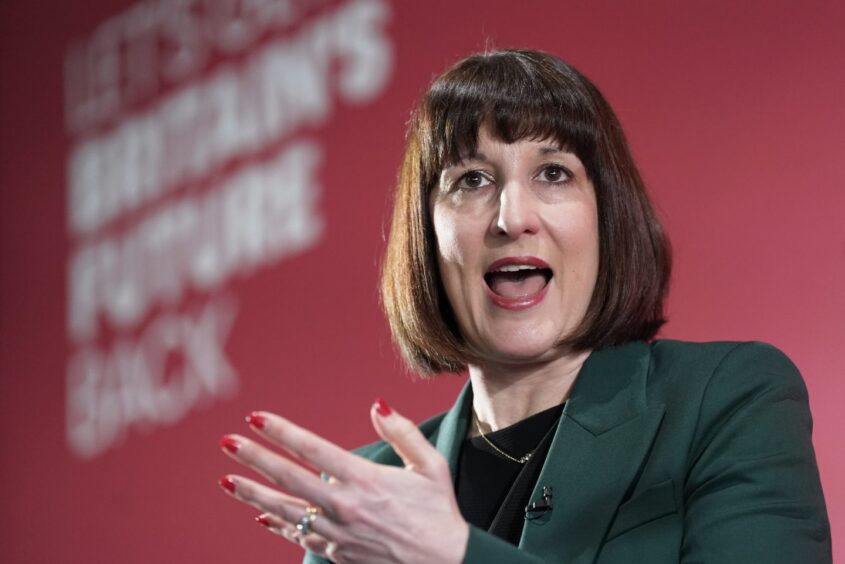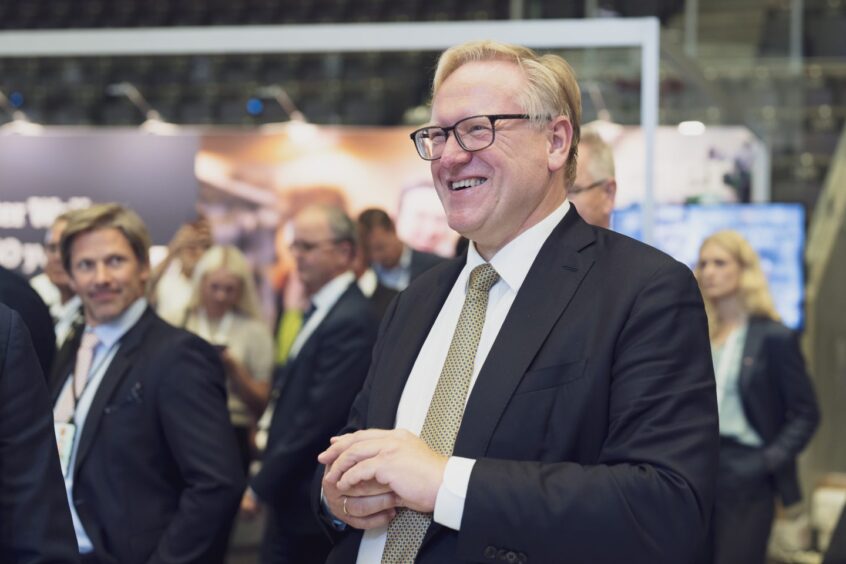
Leif Johan Sevland is gearing up to welcome thousands of delegates through the doors of the ONS conference this month as he told Energy Voice about this year’s theme of ‘Imagine’.
Explaining his event’s theme, the former mayor of Stavanger and president of Offshore Europe’s sister event ONS said: “Imagine what could be possible.
“We have a challenging situation in the world. We have a Russian war going on in Europe, Ukraine. We have a lack of understanding between the global south and global north. We have a situation where we see that the Paris Agreement, which was correct, everything is quite slow when talking about results. We also have a challenge that people are facing with climate change, the weather is changing.
“Norwegians in Greece see the changes and they are worried.”
Industry bodies such as DNV, Energy Industries Council and the Climate Change Committee have all indicated that net zero targets are not being met and more needs to be done to limit carbon emissions.
The Climate Change Committee (CCC) released a report in March that outlined for Scotland to achieve the goal of cutting harmful emissions by 75% by 2030, the rate of emission reduction in most sectors would need to increase by a factor of nine in the years up to the end of the decade.
The government advisors said that this is “beyond what is credible” to be achieved.
Because of this, ONS is looking to drive progress in the energy transition and tackle the climate crisis.
Sevland explained that his show is “not inviting people to dream, we’re inviting people to have fruitful discussions.”
He added: “The solution is that we actually need to come together, we are using ‘Imagine’ as a theme to bring people together to discuss different kinds of solutions, different challenges and how to get, if I may say, a better world.”
Has the time for imagination passed?
However, this comes at a time when oil supermajors that had previously looked to invest heavily in energy transition are now scaling back their ambitions.
As investment from industry giants dwindles and reports show emissions reduction targets are being missed, Energy Voice asked Leif Johan Sevland: “Has the time for imagination within the energy transition not passed?”
He responded: “Indeed, which is a part of it, and we are inviting people to take action, but before that, we need to have an understanding of what to do and how to work together and to trust each other.
“Taking action is extremely important, we will have a lot of speakers, a lot of roundtable meetings we have a lot of different kinds of events, but people are gathered to find actions which are needed.”
Sevland added that he is “concerned” of the pace the energy transition is moving at, describing the rollout of carbon-cutting measures as “too slow.”
“We need to speed up,” he said, “at the same time, we need to do it in a realistic way.
“It’s no answer to quit oil and gas today, because what should be the result of that? Probably that Russia will be back in the market, the Middle East will open up 6,000,000 barrels at least and then we’ll just go ahead.
“So, we need to do this step by step. In one way, we need to do changes, we need to produce oil and gas much cleaner than we have done. We need to clean the gas to hydrogen and make that available for the industrial market.
“Then we need to need to do whatever is possible to ‘Hooray’ about the renewables, weather that’s solar, offshore wind, whatever.”
‘The people who deliver the results are those working in the industry’
The bi-annual event is celebrating its 50th anniversary this year, however, much has changed since the show Elon Musk kicked off in 2022.
Geopolitical activities have made “the total energy picture in Europe different from what it used to be,” the former mayor of Stavanger said.
He added: “I think there’s a realism in the energy transition which also has come. We see that oil and gas will be needed for a longer time than people expected.
“We see a lot of innovators, a lot of people coming in with ideas, initiatives which is extremely fruitful. I know by experience that those initiatives, it’s going to grow and we could have new majors coming in off that.”
To abate his concerns and speed up the energy transition, the ONS president has invited energy sector heavy hitters from around the globe to Stavanger.
CEO of the Norwegian state-owned energy firm Equnior, Anders Opedal, will be in attendance alongside Patrick Pouyanné, boss of the French supermajor TotalEnergies and many others.
In addition to this, politicians from far and wide will show face and participate in talks, including the prime minister of Norway, Jonas Gahr Støre and the country’s crown prince Haakon Magnus.
Sevland said it is “extremely important” for policymakers and industry to get under one roof to discuss the challenge facing the world’s energy market.
“I’ve been a politician myself most of my life,” he added.
“I’m a strong believer in new technology and of course, politicians could make the key goals and aims, but actually, the people who deliver the results are those working in the industry.”
‘There is a kind of flexibility in the Norwegian system’
Recently there has been friction between the UK’s government and those leading the country’s energy market as Labour forged ahead with its plan to hike the rate of tax paid by oil operators while closing investment incentives.
Labour explained last week: “The government is announcing that the rate of the Energy Profits Levy will increase to 38% from 1 November 2024, bringing the headline rate of tax on upstream oil and gas activities to 78%.”
Following this news, CEO of the trade body OEUK, David Whitehouse, said: “This is not partnership working between government and industry. These announcements have been made without meaningful engagement with this sector.”
The headline rate of tax imposed on UK operators will be on par with what Norwegian firms pay. However, investment allowances incentivise firms to continue spending in Norway’s waters.
Last week a government statement clarified: “The government will also remove unjustifiably generous investment allowances from the Energy Profits Levy, including by abolishing the levy’s main 29% investment allowance for qualifying expenditure incurred on or after 1 November 2024.”
Ahead of this decision, Sevland told Energy Voice: said: “Those incentives, without them we wouldn’t have succeeded at all.
“There is a kind of flexibility in the Norwegian system, you’re paying high tax, but then you have a lot of incentives whatever you’re doing which makes for running in a good way.
“There’s no debate in Norway about that, it’s accepted, that’s the way it should be. I think the companies are living fairly good with it as well, I say fairly good because you should always complain about tax.”
As industry and governments meet in Stavanger this month to ‘Imagine’ the possibilities of the energy transition and work on meaningful action, UK operators may be looking to more stable fiscal environments.
Recommended for you


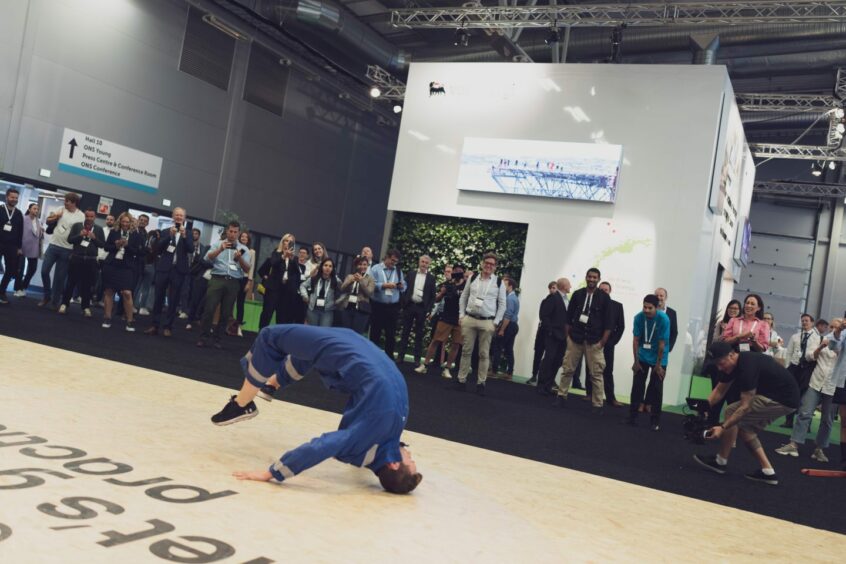 © Supplied by ONS / Tord F Paulsen
© Supplied by ONS / Tord F Paulsen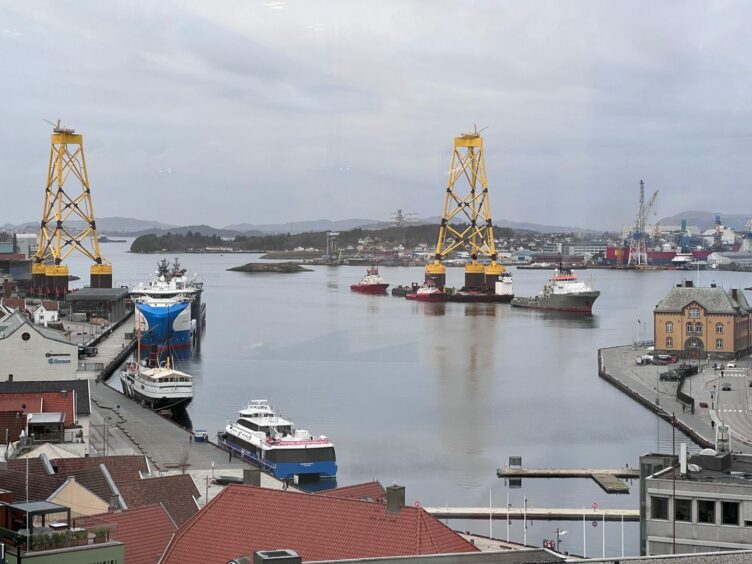 © Supplied by ONS
© Supplied by ONS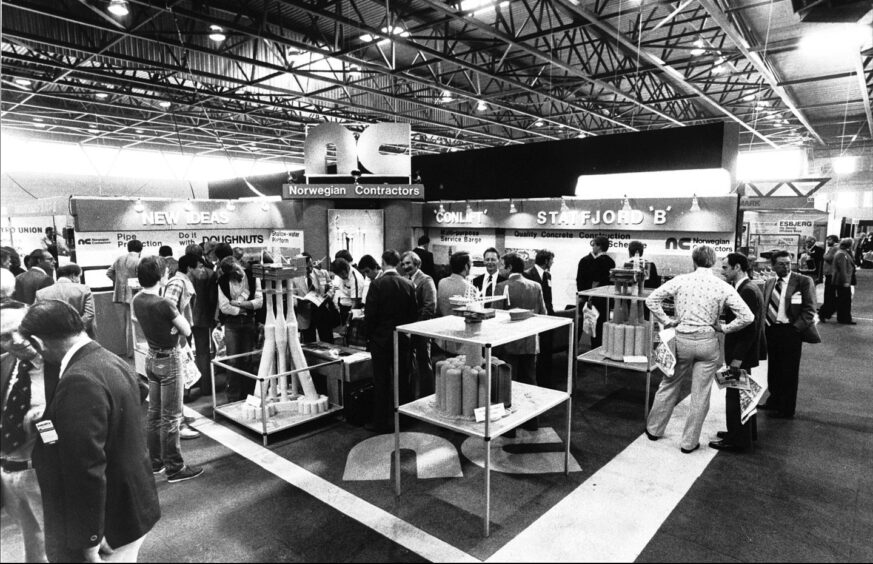 © Supplied by ONS
© Supplied by ONS